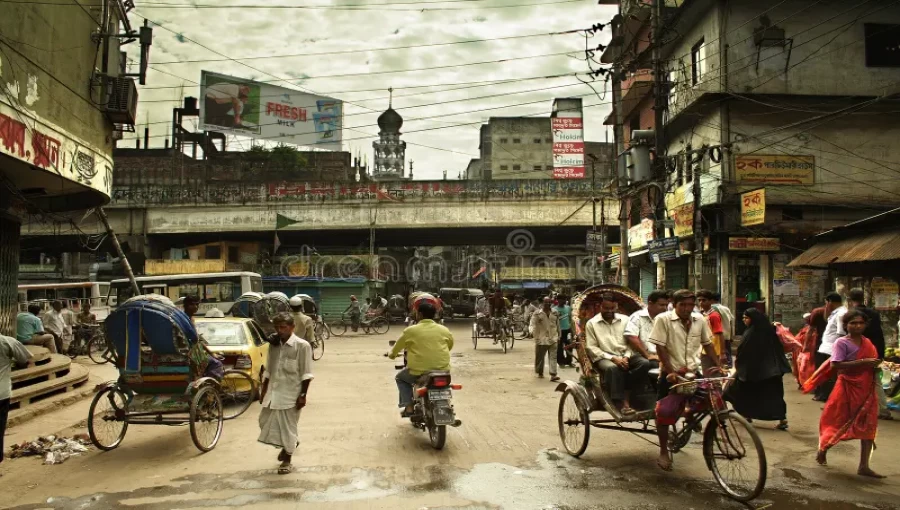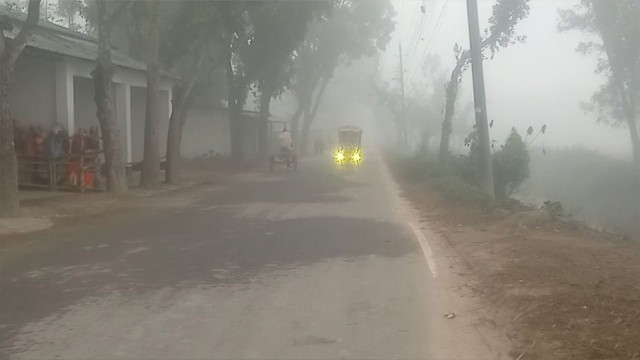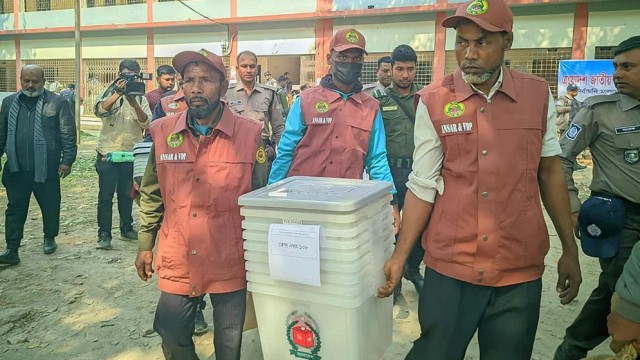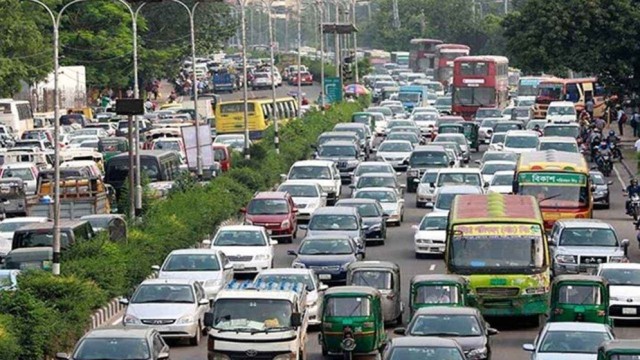Dhaka, August 6, 2024 (V7N) – This morning at 10 am, Dhaka ranked 26th among cities with the worst air quality globally, recording an AQI score of 70. According to the AQI index, today's air quality in Dhaka was classified as 'moderate'.
The Air Quality Index (AQI) categorizes air pollution levels based on the presence of particle pollution, with values between 50 and 100 considered ‘moderate’. During this range, sensitive individuals are advised to limit prolonged outdoor exertion. AQI values between 101 and 150 are deemed ‘unhealthy for sensitive groups’, 150 to 200 ‘unhealthy’, 201 to 300 ‘very unhealthy’, and values above 301 are classified as ‘hazardous’, posing serious health risks.
Globally, Lahore in Pakistan, Jakarta in Indonesia, and Kinshasa in the Democratic Republic of the Congo topped the list of cities with the poorest air quality today, with AQI scores of 153, 145, and 114, respectively.
The AQI measures five major pollutants to inform people about daily air quality and potential health effects: particulate matter (PM10 and PM2.5), nitrogen dioxide (NO2), carbon monoxide (CO), sulfur dioxide (SO2), and ozone.
Dhaka has long struggled with air pollution, which typically worsens in the winter and improves during the monsoon season. Persistent air quality issues stem from factors like vehicular emissions, industrial activities, and construction dust.
According to the World Health Organization (WHO), air pollution is responsible for an estimated seven million deaths annually. The primary causes of increased mortality linked to poor air quality include stroke, heart disease, chronic obstructive pulmonary disease, lung cancer, and acute respiratory infections.
Efforts to mitigate air pollution in Dhaka and other affected cities remain crucial to public health and environmental sustainability. Enhanced air quality monitoring, stricter emission regulations, and increased public awareness are essential steps towards achieving cleaner air.
END/RH/DHK






























Comment: